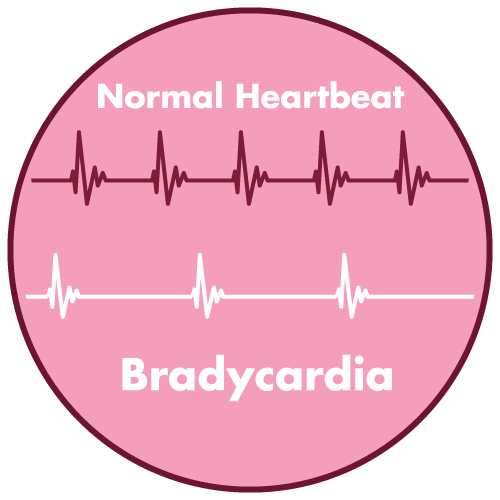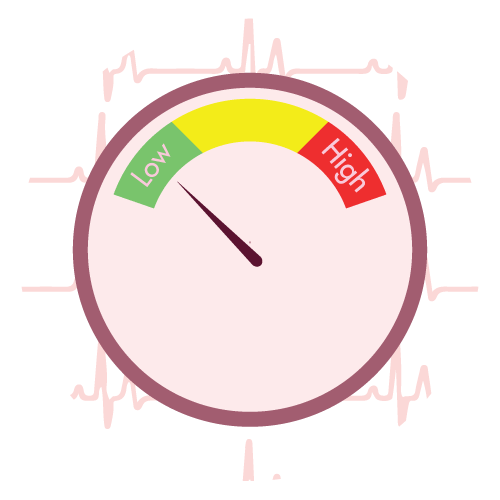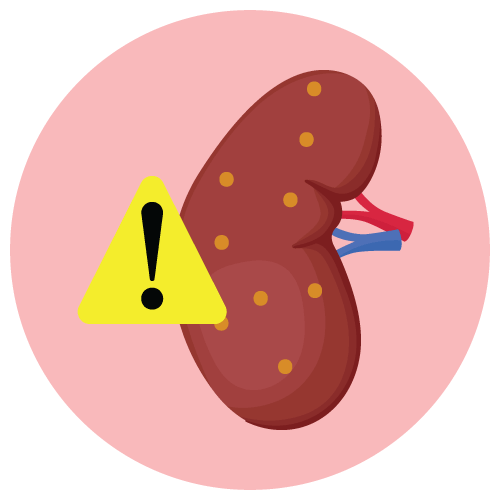| Name | Atenolol + Chlorthalidone |
| Classes |
Cardiovascular Agent Antihypertensive Antihypertensive Combination |
| Diseases |
Cardiovascular Disease Hypertension (High Blood Pressure) |
Atenolol + Chlorthalidone
Atenolol & Chlorthalidone is a combination medication comprising of atenolol- a beta blocker & Chlorthalidone- a diuretic.
Atenolol & Chlorthalidone is indicated for Hypertension.
Adults: Chlorthalidone is normally administered at a dose of 25 mg per day, while Atenolol is usually given at a dose of 50 mg per day. As a result, the first dose should be one Chlorthalidone 25 mg and one Atenolol 50 mg once a day. If a satisfactory reaction is not obtained, the dosage should be increased to one Chlorthalidone 25 mg and one Atenolol 100 mg once daily.
Impaired renal function: Due to the properties of the chlortalidone component Atenolol & Chlorthalidone, tablets has reduced efficacy in the presence of renal insufficiency. This fixed dose combination should thus not be administrated to patients with severe renal impairment
Commonly associated side effects with the use of Atenolol + Chlorthalidone are-
- bradycardia
- Nausea
- Diarrhea
- Asthenia
- hyperuricemia
- hyponatremia
- hypokalemia
- impaired glucose tolerance.
- Atenolol & Chlorthalidone should be used with caution in patients with heart failure which has been controlled.
- Patients with Prinzmetal's angina should be treated with extreme caution since unopposed alpha receptor mediated coronary artery vasoconstriction can increase the number and duration of attacks. Because atenolol is a beta1-selective beta-blocker, it is possible to take Atenolol & Chlorthalidone pills, albeit extreme caution should be used.
- Caution is required when given to patients with first degree heart block.
- Atenolol & Chlorthalidone must not be discontinued abruptly.
- Only after alfa-receptor blockage should it be given to patients with phaeochromocytoma. Blood pressure should be regularly monitored.
- When utilizing anaesthetic agents with Atenolol & Chlorthalidone caution is advised. The anaesthetist should be informed, and the anesthesia used should have the least amount of negative inotropic action as feasible. When beta-blockers are used with anaesthetic medications, the reflex tachycardia may be reduced, increasing the risk of hypotension. Anaesthetics that cause myocardial depression should be avoided at all costs.
Contraindication
- Hypersensitivity to atenolol or other beta blockers such as-
- Hypersensitivity to chlortalidone or other thiazide like diuretics-
Atenolol & Chlorthalidone is contraindicated in the following health conditions-
- severe renal problems
- cardiogenic shock
- uncontrolled heart failure
- sick sinus syndrome (including sino-atrial block)
- second-or third-degree heart block
- untreated phaeochromocytoma
- metabolic acidosis
- bradycardia (< 45 bpm)
- hypotension
- severe peripheral arterial circulatory disturbances
 Bangla
Bangla English
English



